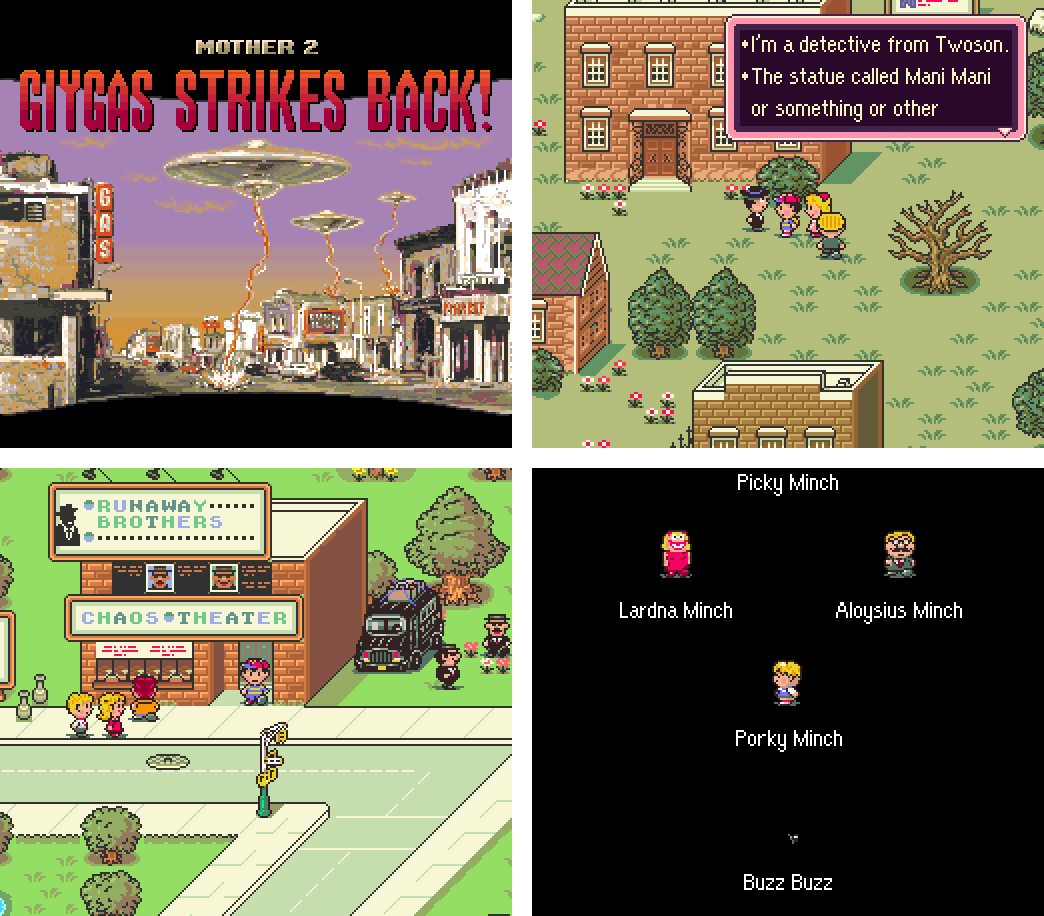

It was in this unofficial form that Western players were first able to come to know EarthBound Beginnings, and for many gaming historians it also served as a signal of the importance of preserving the industry’s classic titles. The title was stuffed away, seemingly never to see the light of day– until someone got hold of the code for the unreleased game and dumped it on the Internet as EarthBound Zero. Nintendo’s motivation for not releasing EarthBound Beginnings isn’t entirely clear, though it’s often speculated that the impending launch of SNES and the company’s perception that the game wouldn’t make any money were key factors.

The oddity of making the effort to translate EarthBound Beginnings into English and then shelve the title after so much hard work has been a source of curiosity for fans for many years.

It was warmly received, so much so that Nintendo localized the game for a release abroad, only to strangely call the whole thing off- after the localization was complete!

Though the game bears similarities to the Dragon Quest series’ gameplay, EarthBound Beginnings made a splash by jettisoning dungeons and broadswords, replacing them instead with warehouses and baseball bats. With EarthBound Beginnings, Itoi wanted to create something different from the standard RPG adventures that had inundated his homeland. Itoi is renowned in Japan, where he’s a writer, actor, and all-around renaissance man of sorts, doing everything from judging Iron Chef competitions to selling daily planners (which this writer owns and absolutely loves!). Originally released in Japan in 1989, EarthBound Beginnings was the video game directorial debut of Shigesato Itoi. The original Mother, or EarthBound Beginnings as it’s now known here in the West, is notable for a number of different reasons.


 0 kommentar(er)
0 kommentar(er)
